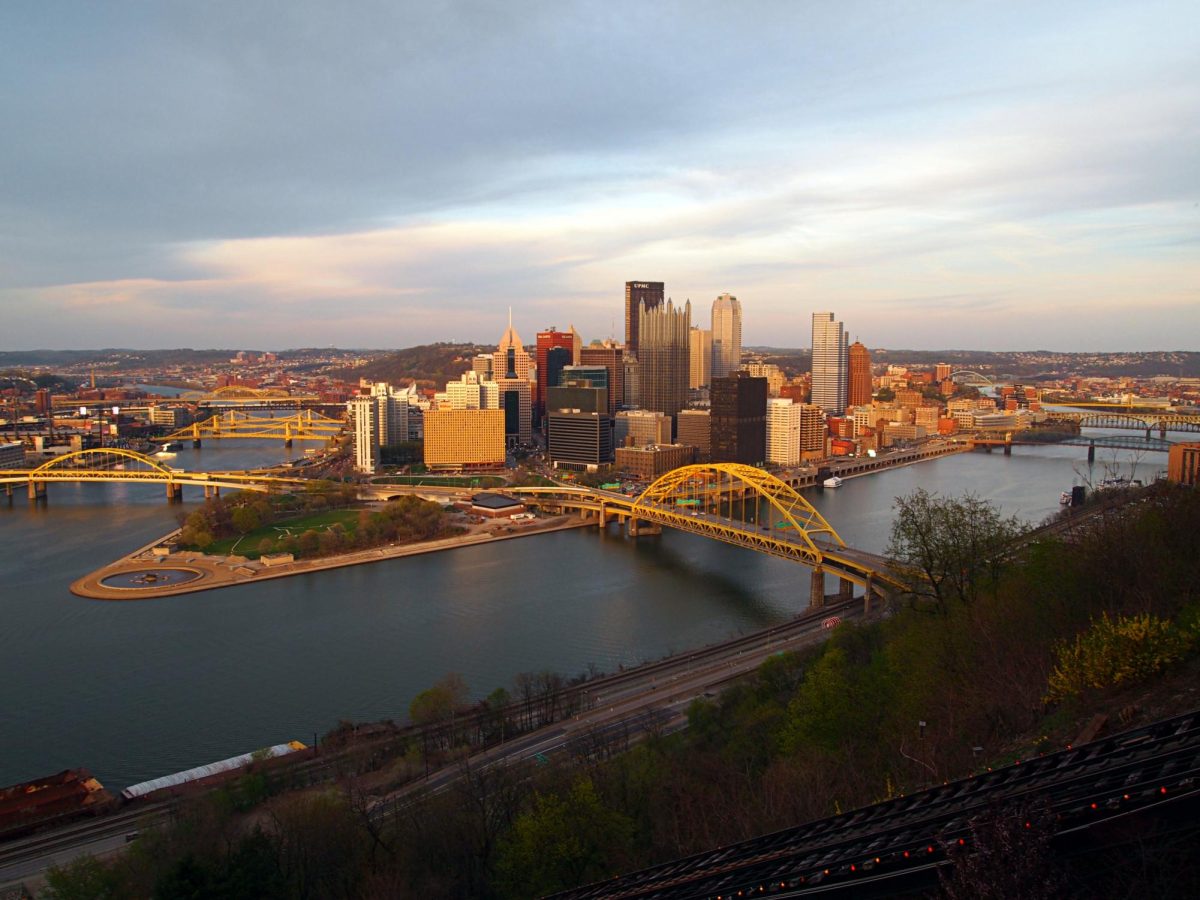Pittsburgh: the city of champions, the steel city, a city I grew up in and love dearly. The culture of Pittsburgh is imbued with a spirit of hard work and pride in our manufacturing history — so much so that our very own six-time Super Bowl champion football team bears the name of the city’s titular product. While its way of life has evolved past the days of the steel belt boom, overtaken by a more artistic flair, Pittsburgh retains its vibrant culture, steeped in the gritty, blue-collar mindset of hard work and resilience that lays at the heart of the now rusted-out steel belt.
This culture is immediately evident when entering the city which is striated with over 440 steel-bound bridges along with a multitude of monumental skyscrapers breaking the horizon. All this steel didn’t pop out of thin air, however, and a production powerhouse lies at the heart of the city’s notoriety.
Much of the success and culture of Pittsburgh can be attributed to the Carnegie Steel Company, founded by Andrew Carnegie and Henry Clay Frick in 1892. The Carnegie Steel Company was an icon of Pittsburgh, vaulting the city to national prominence and giving it its renowned nickname, “The Steel City.” Eventually becoming US Steel in 1901, their manufacturing prominence continued;in 2022, they produced over 14 million tons of steel, creating countless jobs for the American workforce in the process.
On Dec. 18 2023, the city of Pittsburgh was given some shocking news. US Steel, a company that had figuratively, and literally, built the city of Pittsburgh, was being acquired by Nippon Steel, a Japanese steel manufacturer. These corporate buyouts have become increasingly common in the modern economic landscape with news of multi-billion-dollar deals lodged between celebrity gossip and football game results. The agreement, which was valued at $14.1 billion, would give Nippon Steel a controlling share in the company, essentially making US Steel a subsidiary.
This acquisition is neither in the best interests of US Steel nor the United States as it puts in jeopardy both national security and the American worker.
National security might not be the first thought that comes to mind when talking about corporate buyouts, but when dealing with the international manufacturing of such a time-tested product as steel, nothing is out of the question. One might say that since Japan and the U.S. are such close allies, the production and jobs related to our steel industry are still not in jeopardy. However, international politics is, if anything, always changing.
Furthermore, just because the U.S. and Japan are strong allies, that does not mean that our national interests will always align, especially when it comes to production. A change in the international goals of Japan could prove to be disastrous to our industry.
When push comes to shove, Nippon will always choose Japan over the United States in moments of uncertainty, and with social stability unraveling on a global scale, there is not a zero chance of world war on the horizon. In that possibility, Japan would likely decide that increased steel production and importation on the domestic front, or even nationalization, would be of interest to them, leaving the steel manufactured by US Steel unavailable for both private and government American purchase if Nippon decided so.
This vulnerability does not simply lie with the raw materials, however, as the workers are also gravely affected. The distance between the new owners and the actual men and women staffing the plants puts the livelihoods of those workers at risk. This oceans-wide disconnect between the new management and its workers will inevitably lead to a dissociation between the values of the American workers and the Japanese management class.
The acquisition of US Steel by Nippon Steel is to the detriment of both the U.S. economy and the well-being of the countless American workers. The deal also inadvertently endangers the national security of the U.S. by putting a massive part of our raw steel manufacturing in the hands of a foreign enterprise, friendly or not.
Pittsburgh, and modern America, were built from steel forged by men and women who sacrificed so much. This acquisition is a betrayal of those workers and the values they represent. These types of deals should be brought into the public eye, with more of a critical interest in the fate of American jobs and international leverage.
Just as steel sharpens steel, the interests and thoughts expressed by informed citizens must sharpen the industries that are so crucial for our future.


